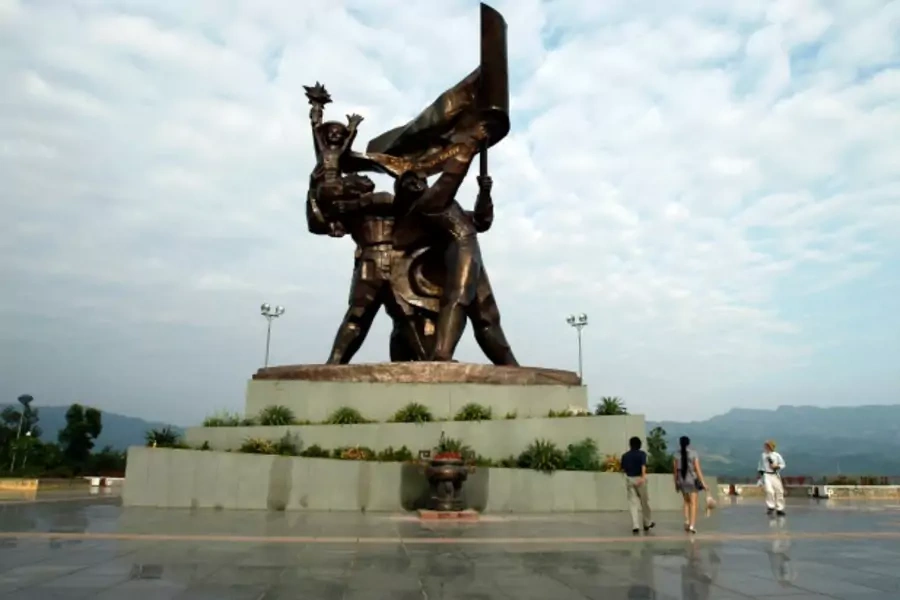Review of "The Penguin History of Modern Vietnam" by Christopher Goscha

More on:
In forty years, the relationship between the United States and Vietnam has swung about as widely as is possible. In 1975, the United States cut diplomatic ties with the country after the end of the Vietnam War---or, more formally, the Second Indochina War. Now, though Hanoi remains a repressive, one-party, nominally communist state, it has become one of Washington’s closest partners in Southeast Asia. Indeed, Vietnam, which fears China’s growing maritime power, is perhaps the closest U.S. strategic partner in its region, other than Singapore. The United States and Vietnam signed a Comprehensive Partnership in 2013, and the U.S. navy pays regular port calls in Vietnam. The two sides have annual summits between the U.S. Secretary of Defense and his Vietnamese peer. President Obama lifted the ban on sales of lethal arms to Hanoi, which had been in place since the end of the war.
Such a swing in Vietnam’s foreign relations might seem unusual, but in reality it is the norm. A narrow country surrounded, in Asia, by large, more populous powers, Vietnam has been repeatedly invaded and, eventually, colonized by France. Its leaders have spent centuries playing foreign powers off of each other, using whatever leverage they can, and defending Vietnam ferociously from invasion. For more on my analysis of how Vietnam has survived for centuries, and the impact of foreign forces---and Vietnamese revolts---on Vietnam’s history, see my new review of Christopher Goscha’s The Penguin History of Modern Vietnam. The book, by a leading Vietnam scholar at the University of Quebec at Montreal, is probably the finest modern one-volume history of the country in English.
More on:
 Online Store
Online Store